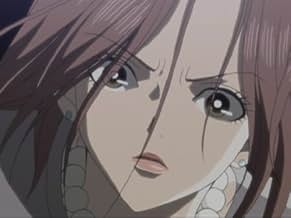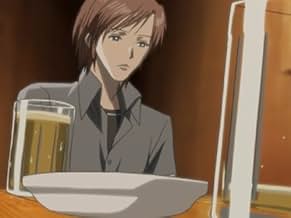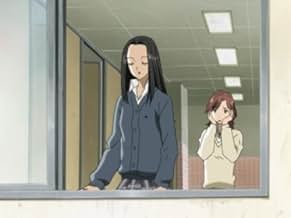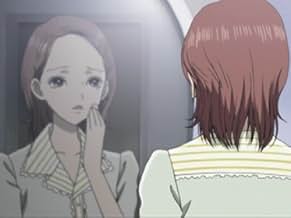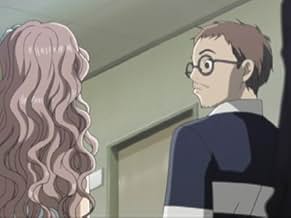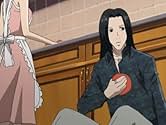"Say, Nana... Do you remember the first time we met?"
The lovely universe of "Nana" is introduced with these lines. Probably the most persuasive shoujo manga author ever is Ai Yazawa. Every lady can escape reality and immerse herself in romantic fantasies in this universe that she crafts with vivid, realistic people, amazing events, and a dash of music.
The characters in "Nana" are among its best features; we can recognize ourselves in some of them and think that such a person could possibly exist. This is proof that you can make a good anime without the usual tsundere, moe or bothersome childhood buddy.
Hachi's demeanor is one element, though, that I didn't enjoy. Her actions can be reprehensible at times. Mostly because, in contrast to the other characters, she has no goals or aspirations (apart from getting married, which is quite boring).
Another one of Nana's strong suits is the story. Ai Yazawa put a lot of effort into making the setting as realistic as possible, aiming to elicit strong emotional responses from the reader.
The plot has that magical quality that causes you to root for some characters unconsciously and feel some events almost as strongly as the characters themselves, even though it's a normal shoujo tearjerker (with a little music). The story's exposure of the harsh, unforgiving reality-one devoid of happy endings and pure love-is another admirable aspect of it. Yazawa-sensei provides her characters (particularly Hachi) a lot of imagination, although their reality is very similar to our own.
The artwork wasn't all that outstanding. I find it annoying because every character is so tall and slender. Aside from that, I thought the artwork and story went really nicely together. There were several specifics about sunlight and shadows.
For fans of shojo, Nana is an essential viewing position overall. It gives us a wealth of information about life and its struggles in addition to teaching us a valuable lesson about the mistakes we should never do.


